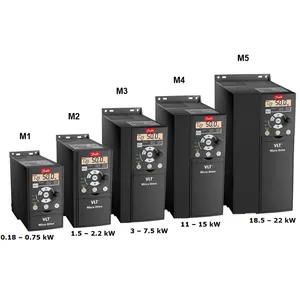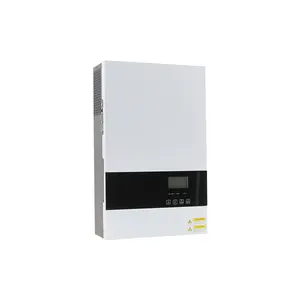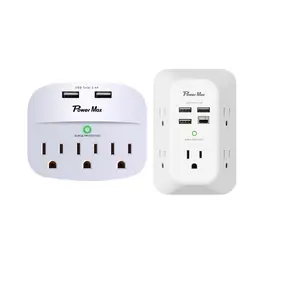Popular in your industry







































































Related Searches:













































































































































Top categories
About 35mm flexible rubber cable
Discover the Versatility of 35mm Flexible Rubber Cable
The 35mm flexible rubber cable category encompasses a variety of cables designed for robust electrical applications. These cables are engineered to provide reliable connectivity while offering the flexibility needed for installation in challenging environments. This introduction delves into the characteristics, applications, and selection criteria of these indispensable components in the electrical industry.
Characteristics of Flexible Rubber Cables
Rubber-insulated cables, particularly those with a 35mm cross-sectional area, are known for their durable insulation and sheathing. The rubber insulation not only provides excellent electrical insulation but also imparts resistance to abrasions, cuts, and various chemicals. The flexibility of these cables makes them suitable for applications requiring cables to bend around tight corners or where movement may occur.
Applications and Utility
The utility of 35mm flexible rubber cables spans across various sectors, including industrial, construction, and commercial. They are often employed in equipment that demands high currents, such as generators, heavy-duty machinery, and portable power tools. Their resilience to harsh conditions also makes them ideal for outdoor applications and for use in environments where temperature fluctuations are common.
Features and Material Composition
A key feature of the 35mm flexible rubber cable is its robust construction. The core is typically composed of stranded copper or aluminum conductors, ensuring optimal electrical conductivity and flexibility. The rubber compound used for insulation is meticulously chosen to enhance the cable's overall performance, providing a balance between flexibility and durability.
Advantages of Using 35mm Flexible Rubber Cable
Opting for a 35mm flexible rubber cable comes with several advantages. Its flexibility aids in easy installation, especially in tight spaces. The inherent durability of rubber insulation ensures longevity and reduces the need for frequent replacements. Moreover, the material's resistance to environmental factors like moisture, UV light, and extreme temperatures contributes to the cable's reliability in various applications.
Selecting the Right Cable for Your Needs
When sourcing flexible rubber-insulated cables, it is crucial to consider factors such as conductor material, insulation type, and the specific requirements of the application. While copper conductors are preferred for their superior conductivity, aluminum may be selected for its cost-effectiveness. It is essential to match the cable's specifications with the electrical demands of the application to ensure safety and efficiency.















































